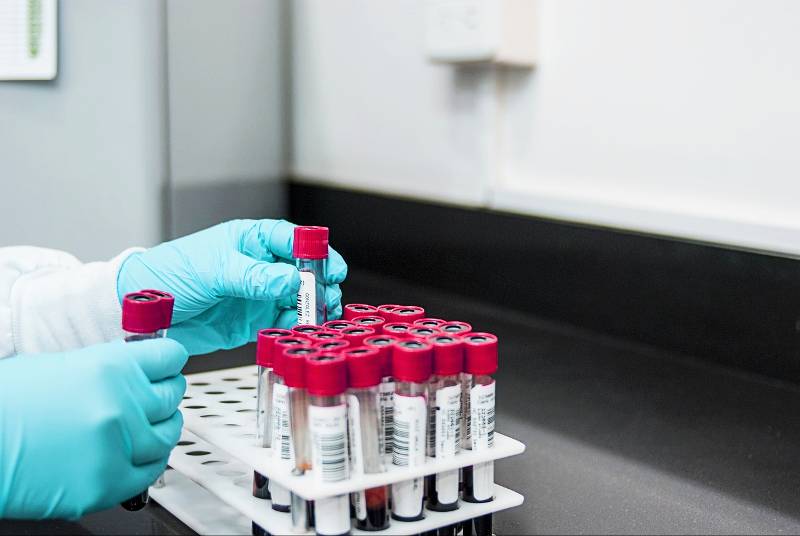Scientists have uncovered a genetic cause of obesity that could lead to targeted treatments for affected individuals. The research, published in the journal Med, reveals that people lacking a specific blood group gene are more likely to be overweight due to lower energy expenditure at rest.
The SMIM1 Gene: A Key Player in Metabolism
An international team led by the University of Exeter has found that individuals with a genetic variant disabling the SMIM1 gene tend to have higher body weight. This gene, discovered only a decade ago, is responsible for encoding the Vel blood group.
One in 5,000 people lacks both copies of SMIM1, making them Vel-negative. These individuals not only have a rare blood type but are also more prone to obesity and related health issues.
Mattia Frontini, Associate Professor of Cell Biology at the University of Exeter Medical School, explained, “Obesity rates have nearly tripled in the past 50 years, and by 2030, more than one billion individuals worldwide are projected to be obese. The associated diseases and complications create significant economic burden on healthcare systems. Obesity is due to an imbalance between energy intake and expenditure, often a complex interplay of lifestyle, environmental, and genetic factors. In a small minority of people, obesity is caused by genetic variants. When this is the case, new treatments can sometimes be found to benefit these people – and we’re now hoping to run a clinical trial to find out whether widely-available drug for thyroid supplementation may be beneficial in treating obesity in people who lack SMIM1.”
From Blood Type to Body Weight: Unraveling the Connection
The study analyzed genetic data from nearly 500,000 UK Biobank participants, identifying 104 people with the SMIM1 loss-of-function variant. Additional cohorts confirmed the gene’s impact on weight, with affected females carrying an average of 4.6kg extra and males 2.4kg.
Jill Storry, Adjunct Professor at Lund University, Sweden, noted, “SMIM1 was only discovered a decade ago, as a long-sought blood group protein on red blood cells, but its other function has remained unknown until now. It’s very exciting to find that it has a more general role in human metabolism.”
The research also revealed that people lacking SMIM1 have other obesity-related markers, including high blood fat levels, fat tissue dysfunction, increased liver enzymes, and lower thyroid hormone levels.
Professor Ole Pedersen from the University of Copenhagen expressed enthusiasm about the potential applications: “The whole team is very much looking forward to seeing how this new knowledge can be translated into practical solutions for people with this genetic make-up.”
The findings could have far-reaching implications for obesity treatment. Researchers are now planning a clinical trial to test whether a widely available thyroid dysfunction drug could effectively treat obesity in SMIM1-deficient individuals.
Dr. Luca Stefanucci, the study’s first author from the University of Cambridge, emphasized the importance of genetic information in patient care: “With the increased availability of genetic data, and more information on SMIM1 mechanism, we would like to see that when individuals lacking SMIM1 are identified, they receive information and support.”
This groundbreaking research not only sheds light on a new genetic factor in obesity but also paves the way for personalized treatment approaches, potentially benefiting hundreds of thousands of people worldwide.


